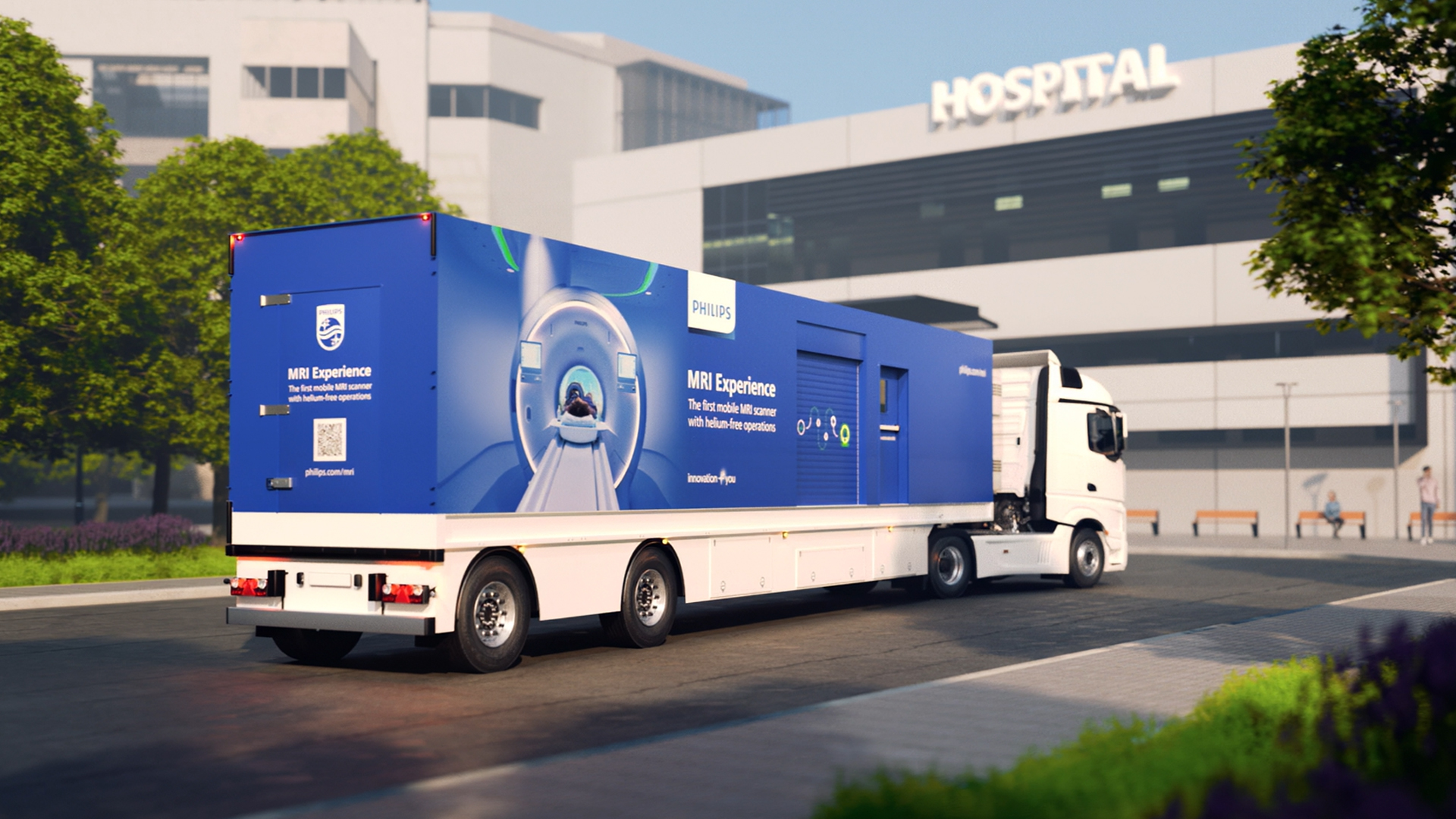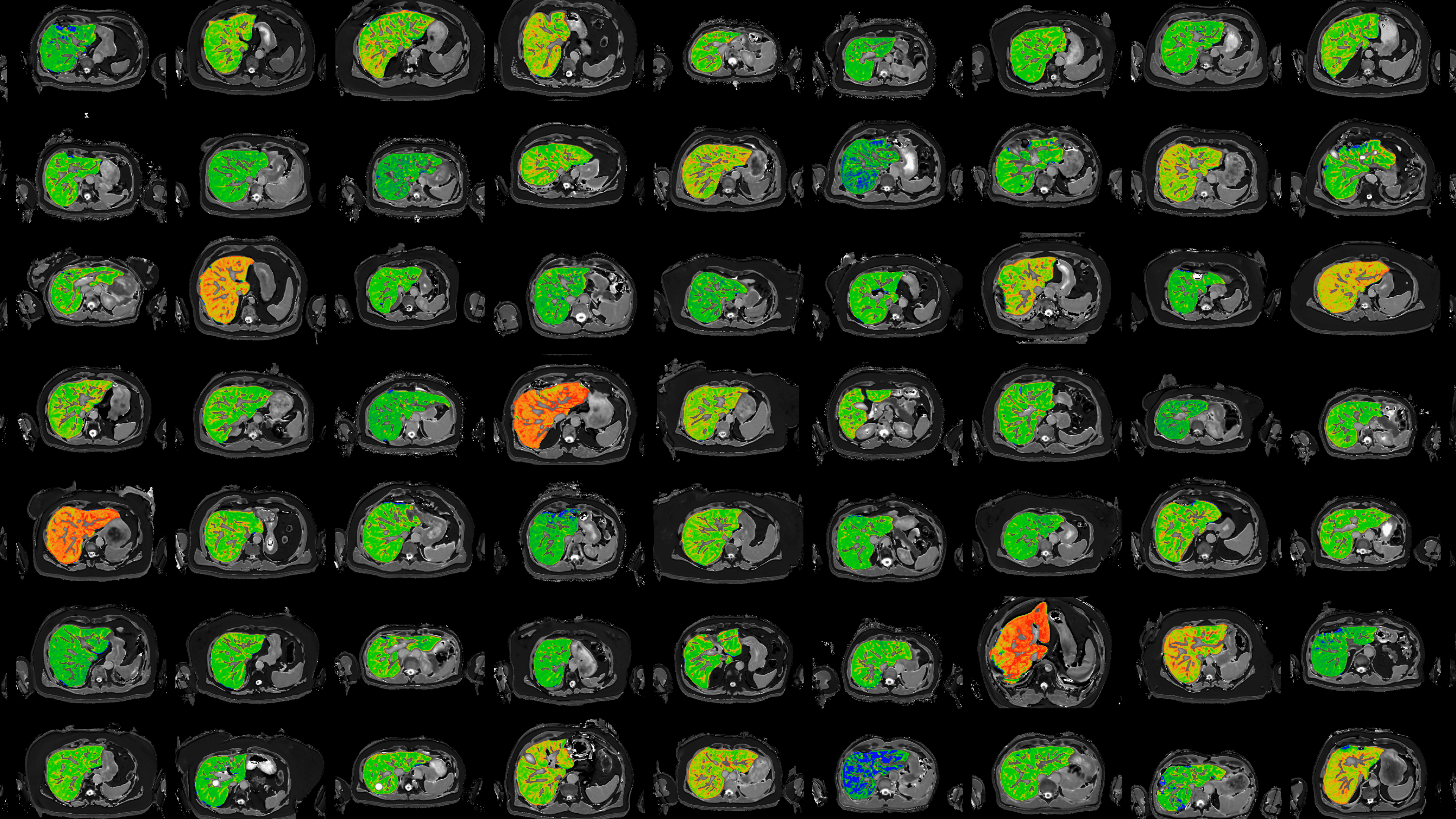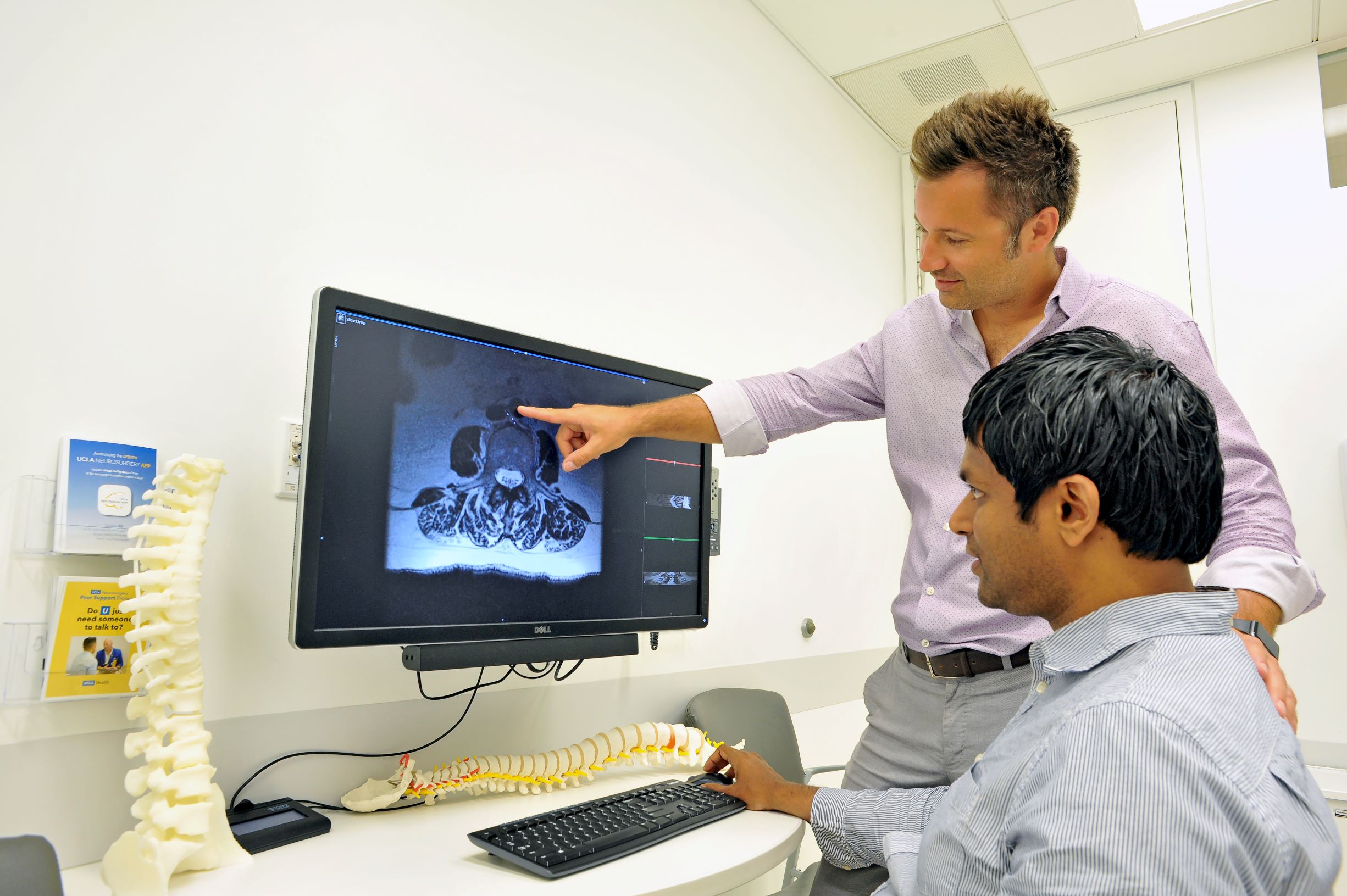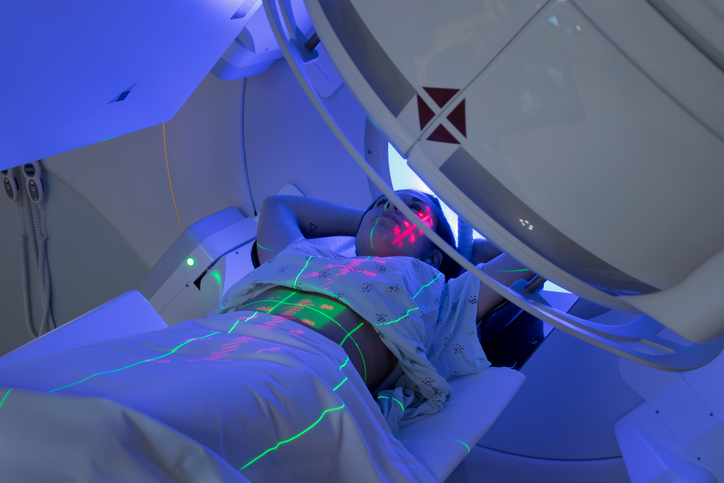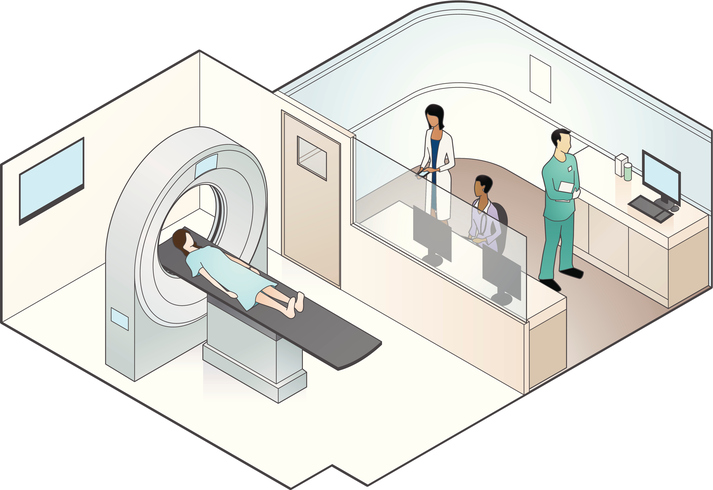
What Is Philips Showing Off at RSNA This Year?
Philips showcased two major imaging innovations at RSNA 2025 — one a CT system that integrates AI into its hardware, and the other a new helium-free MRI model that embeds AI directly into signal acquisition. Both aim to improve image quality, efficiency and ease of integration — but commercial availability and real-world adoption are still forthcoming.






